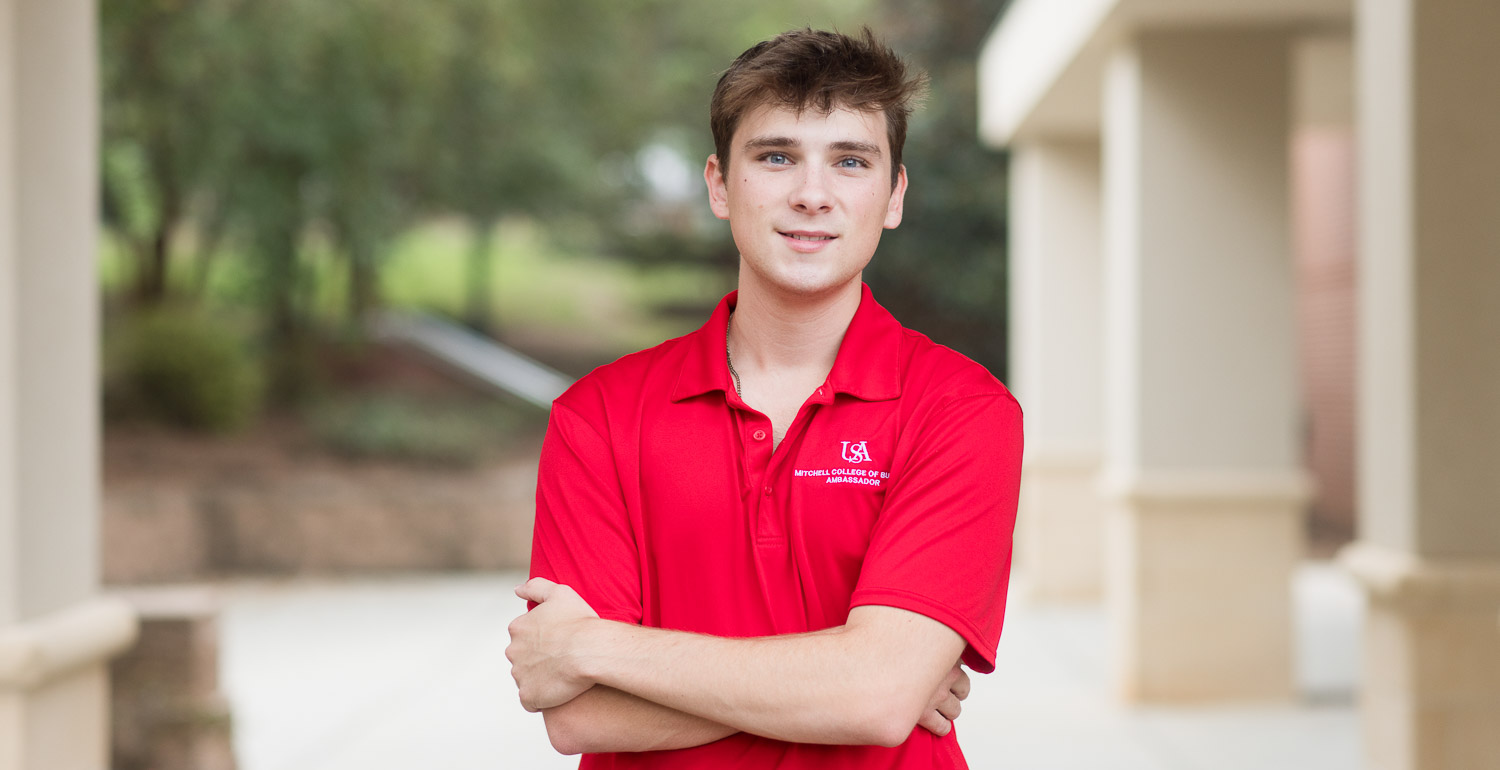Tips for Coping with COVID-19 Anxiety
Posted on April 10, 2020
As the coronavirus spreads, many adults and children are struggling with anxiety, which is expected during uncertain times.
Dr. Kimberly Zlomke, professor and chair of the Psychology Clinic at the University of South Alabama, said in response to the current situation the USA Psychology Clinic has launched a Skills for Psychological Recovery service. This will be a brief consultation service focused on coping and dealing with stress, uncertainty and isolation felt during this crisis. The fee will be $50, and individuals can participate in up to five sessions via tele-health with the support of Zoom.
“There is uncertainty on where the virus is, how to manage daily life and what the future will look like,” Zlomke said. “I think everyone is feeling a level of anxiety. Anxiety is a common emotion and increases when faced with uncertainty or feeling out of control of a situation. The COVID-19 crisis has fueled those feelings.”
Zlomke shares several ways everyone can cope with excessive anxiety during this time:
- Limit viewing of information to The Centers for Disease Control and Prevention. It is the expert on this topic! Something we tend to do when faced with uncertainty is to seek out information, thinking more information will quell our fears, but we usually do not evaluate the sources and can take in misinformation.
- Recognize what is in your control. We can control the washing of hands, not touching your face and participating in social distancing. If you can work from home, do so. If you don’t need an item from the store, stay home. If you must go out, take precautions.
- Take care of each other, especially those that are vulnerable to mental health conditions or who are already isolated, such as some of the elderly. Check on them and let them know you are available and care. Social distancing and isolation are difficult, especially in this time of anxiety. Social support is often one way that we cope with feelings of anxiety.
- Healthcare providers are also at increased risk of stress, burnout and mental health difficulties during this time. They need our support.
Zlomke’s tips for parents to help their children cope with fear and stress:
- Remain calm and understanding; children react and follow the emotions of adults.
- Be available; children may need extra attention, but not know how to ask for it.
- Avoid excessive blaming. It will not fix the situation, but children will hear and mimic negative comments.
- Monitor your child’s television viewing and social media interactions.
- Maintain a normal routine as much as possible. This is not summer break, but it also isn’t time for homeschool boot camp.
- Discuss and model hygiene and safety practice.
Zlomke’s final tips and information:
- Make time for yourself
- Prioritize healthy choices
- Be realistic
- Set boundaries
- Reconnect with things you enjoy
Dr. Kimberly Zlomke is a licensed psychologist and the director of the University of South Alabama Psychology Clinic. Zlomke is a professor in the USA’s department of psychology and the clinical and counseling psychology doctoral program. Her areas of expertise include child and family functioning, disruptive child behavior, and autism spectrum disorders. Zlomke sees clients on a fee-for-service basis through the USA Psychology Clinic. Zlomke can provide psychological assessments, psycho-educational/neuropsychological evaluations, autism and ADHD evaluations, as well as provide therapy and counseling services. She is also available for consultation to schools, clinics and organizations.



